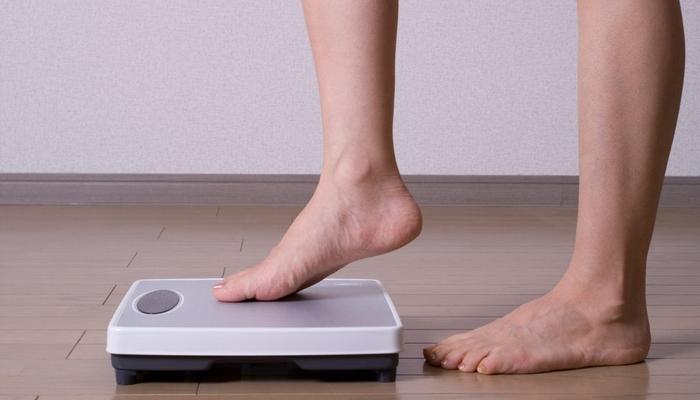Reviews of the best apps to measure weight without scales
With the growing search for a healthy life and the ease provided by technology, measuring body weight without the need for a traditional scale has become a reality accessible to everyone.
Apps for measuring weight without scales have gained prominence in this scenario, offering a convenient and practical alternative for tracking changes in the body.
In this article, we will explore some of the best apps available for this purpose, analyzing their pros and cons, as well as the reliability of these innovative tools.
In this article you will find:- What are the best apps for measuring weight without scales?
- Pros and Cons
- Are apps for measuring weight without scales reliable?
- Our opinion
What are the best apps for measuring weight without scales?
The five best apps for measuring weight without scales are:
- MyFitnessPal
- Happy Scale
- Libra
- Weight Track Assistant
- Monitor Your Weight
1. MyFitnessPal
MyFitnessPal is a comprehensive health and fitness tracking application that offers features for tracking calorie intake, monitoring weight, and tracking progress over time.
It allows users to manually enter their weight data and view graphs and reports for detailed analysis.
2. Happy Scale
Happy Scale is an app designed to smooth out natural weight fluctuations, providing a clearer view of progress over time.
It calculates the moving average of weight, helping users focus on long-term weight loss or gain trends rather than worrying about daily variations.
3. Libra
Libra is a simple and effective app for tracking weight.
It allows users to record their weight measurements over time, offers progress charts, and provides useful information such as estimating the target weight achievement date based on history.
4. Weight Track Assistant
Weight Track Assistant is a comprehensive app that helps users set weight goals, track progress, and offer tips for reaching health goals.
It allows input of data on diet and exercise, providing a holistic view of lifestyle and impact on weight.
5. Monitor Your Weight
Monitor Your Weight is a simple and easy-to-use weight tracking tool. Users can enter weight data regularly and view their progress in clear, informative graphs.
The app also supports multiple profiles, suitable for monitoring multiple people in a single family.
Pros and Cons
When considering using apps to measure weight without scales, it’s important to weigh the pros and cons:
Pros:
- Ease of use.
- Accessibility at any time.
- Tracking progress over time.
- Integration with other fitness and health apps.
- Possibility to set personalized goals.
Cons:
- Limited accuracy compared to traditional scales.
- Dependence on smartphone calibration.
- Variations in weight measurement on different surfaces.
- Need for consistency in measurements for accurate results.
- Vulnerability to user errors.
Are apps for measuring weight without scales reliable?
The reliability of applications for measuring weight without scales is a question that many users raise when adopting this technology. While these tools offer convenience and ease of use, it is important to understand their limitations. The reliability of these applications is intrinsically linked to the accuracy of weight measurement using smartphone sensors. These sensors, although advanced, can be affected by a number of factors, such as the quality of the device, proper calibration, and the surface the phone is placed on during measurement.
Furthermore, the accuracy of these applications also depends on the consistency in measurements taken by the user. Slight variations in the way a person holds the phone or positions their body can result in inaccurate readings. Therefore, while weight measuring apps without scales offer a practical way to track your health and fitness progress, they should be used with an understanding of their limitations.
Our opinion
In our review, we believe that apps for measuring weight without scales are valuable tools for those who want to track their weight and progress in a practical and accessible way. However, it is important to use them with due caution, understanding their limitations in terms of precision.
We recommend that these apps be used as a complement to traditional scale measurements, offering additional insights into each individual’s health and fitness journey. It’s critical to maintain consistency in measurements and consider other factors, such as body composition, for a complete and accurate picture of your health.










